Enter the word Etiquette in the search bar of the Instagram social network, and you'll immediately find the page of Tatyana Polyakova. No, not a popular detective writer, but quite another – the only holder of a license to teach etiquette in the Principality of Monaco, and in general, it is possible to say, the only one of her kind. The author of the course on etiquette and intercultural communications, philologist, ethnographer, passionate traveler – Tatyana Polyakova easily and casually communicates both in the secular circle, and at protocol or business meetings, on pedestrian walkways and streets of cities. Behind each of her words stands the experience she is happy to share with her subscribers, the audience of her master classes, and now with NARGIS readers.
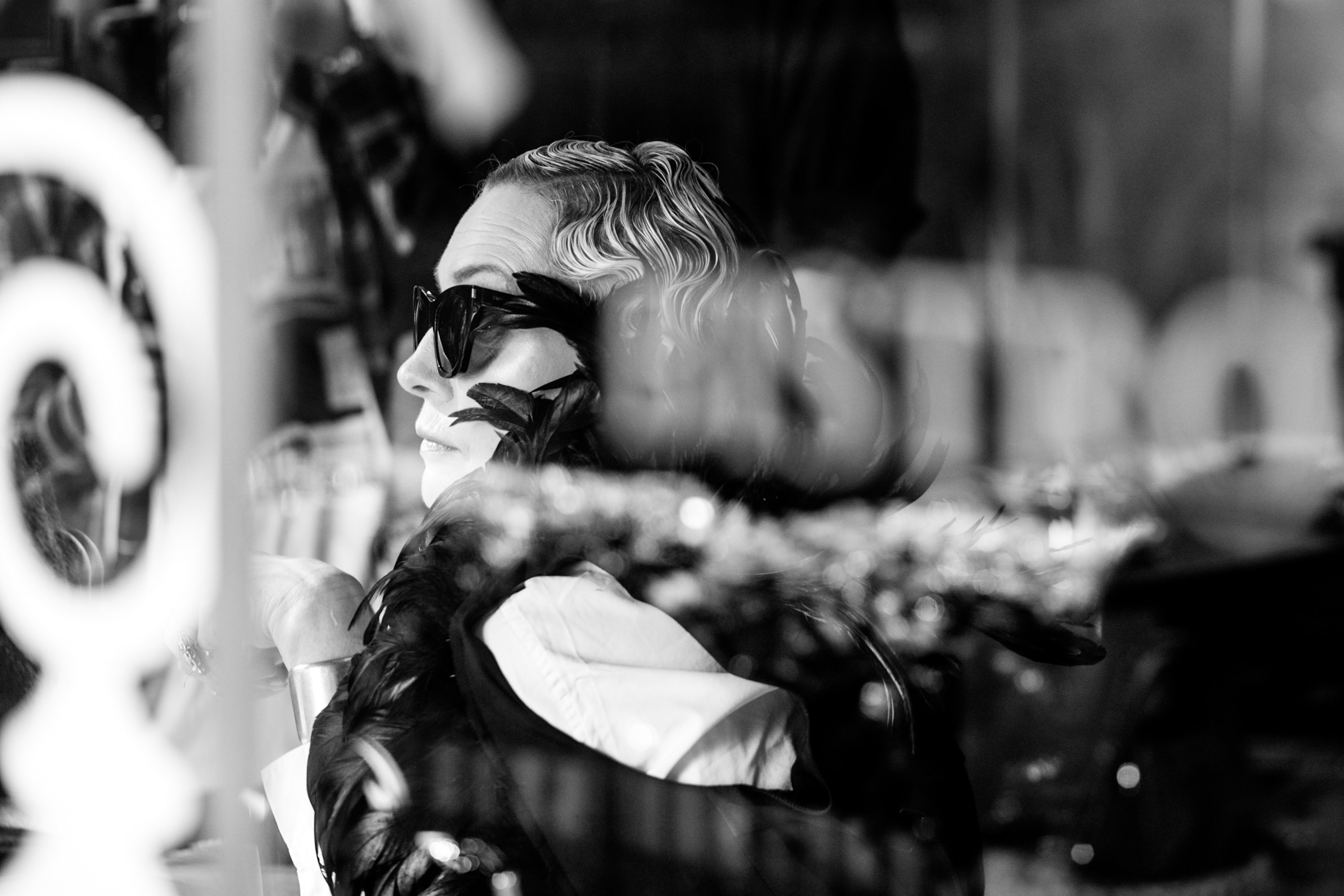
You started addressing often to the subject of national identity and self-presentation. Why is this topic so close to you?
I was lucky: the experiences of my childhood, spent in several cultures and in several languages at the same time, as well as experience in large international companies, I managed to translate into a business project dedicated to etiquette and intercultural communication. I don't want to show myself as know-it-all, I don't want to teach anyone, I discuss my own experience. How did I start doing all this? It's a very sentimental story. I remember, at 17, getting the driver license, I thought: "How interesting! You need to know so many rules to just insert a key into the ignition lock! And I am also expected to strictly comply with the rules of conduct on the road! So why didn't anyone teach me the rules of communication with people, why didn't they even teach me the basics?" My life motto: it is impossible to be liked by everyone, the main thing is to not offend anyone!
How did your path of etiquette expert start?
Unexpectedly I addressed my first course to children's audience. I knew that children would not come alone – they would definitely come with their parents. I was once asked how it happened that after successful adults with whom I worked for more than one year, I turned to children. The answer is simple: children I can trust and tell what I was hesitant to tell adults. These adults are already a priori successful, they have already conquered the world, and children give me invaluable trust and their sincere emotions.
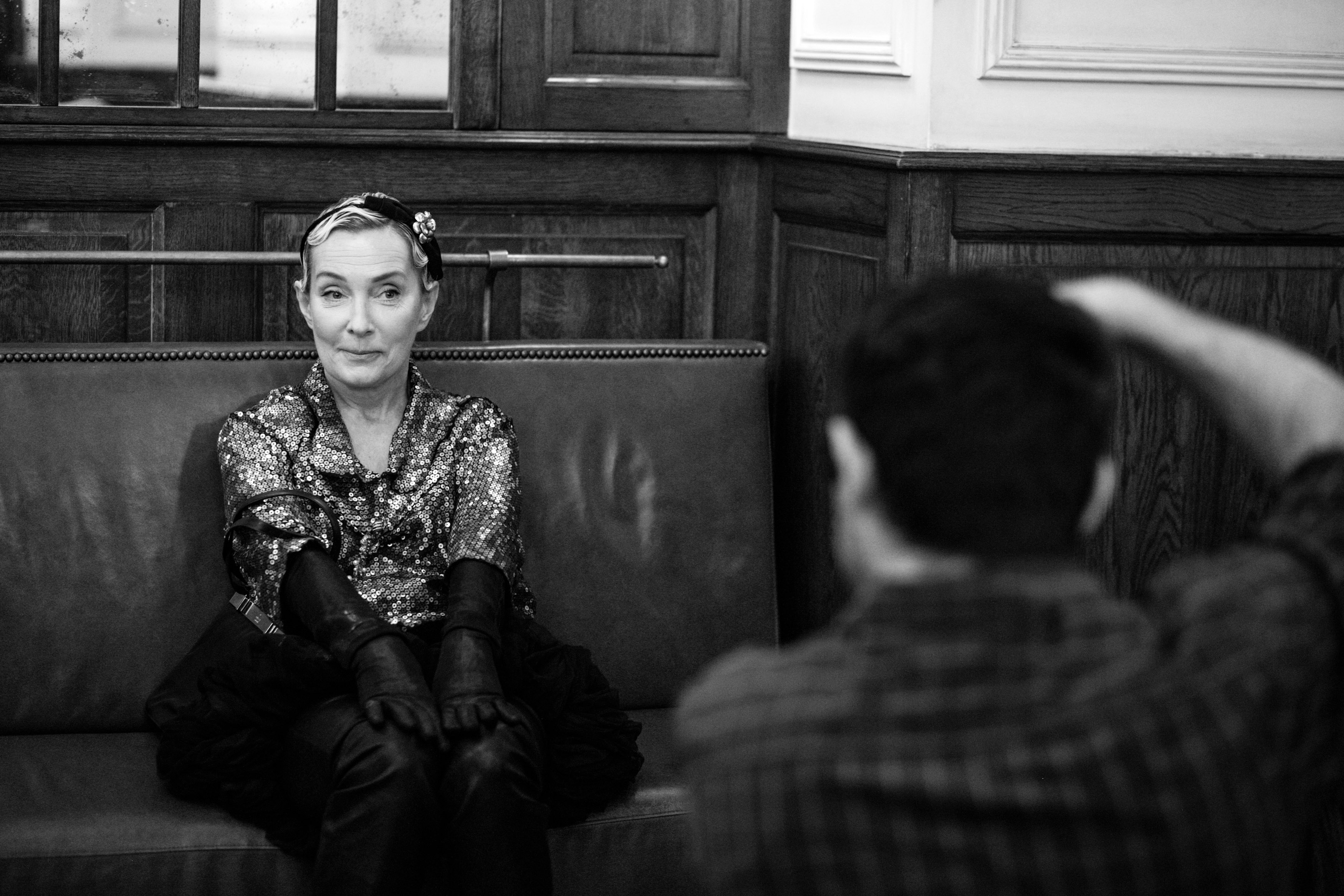
What secrets of etiquette are needed to be known in the modern world?
Accepting the invitation to visit, it is useful to remember the height, age, nationality of the person who invited you, in order to choose the color and style of the outfit, the height of heels. Whatever is the reason of going out, first of all it would be good to look appropriate. Dressed up is different, for it you need to have an occasion. I remember from childhood: "Wear Sunday's dress". Without realizing, I looked around and watched... Yes, and the word "guessed" fits into rhyme. Father's strict, convincing advice on weekdays as well sounded like "Dress up appropriately". I'm grateful to him. For everything and always! Whatever the summaries and recommendations are, for whatever Excel skills they hire, the most important thing is individual qualities and coexistence skills. Both in the collective and in life. Marketers have calculated that professional skills determine only 20% of career, everything else is the ability of a person to communicate, manage, predict, plan and, above all, work with communication mechanisms. All this is the carousel of life. The propensity to a particular activity is one of the personal characteristics. Career expectations are always high, but professional successes only emphasize personality qualities – innate and acquired. And etiquette, with rare exceptions, is not divided into secular and business, just like children and adults don't. It's just one and for life.
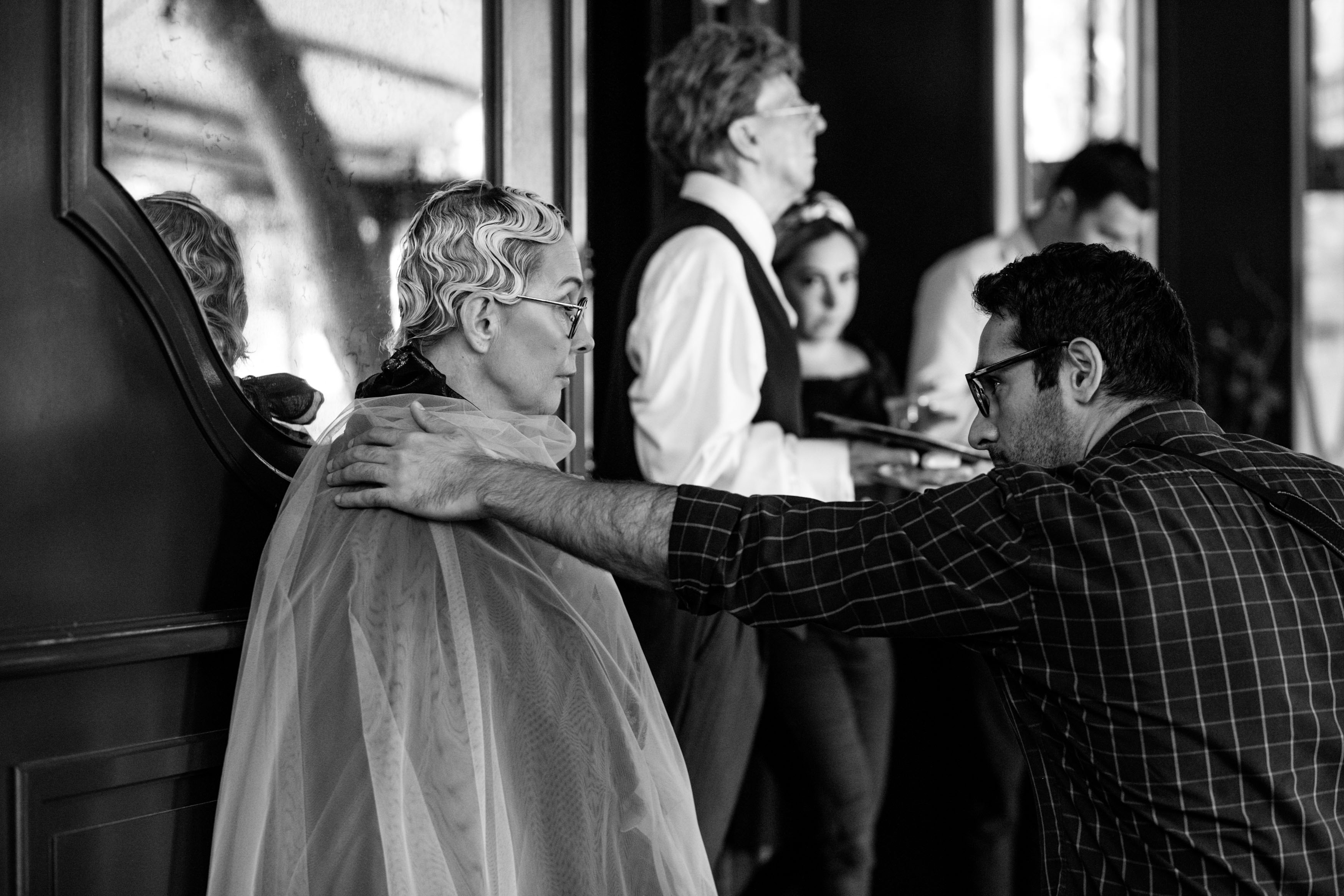
How to easier and more effectively create reliable communication, establish long-term professional relations?
My favorite example is tea, the most common drink. It's both a secular gesture and an act of hospitality. Even if you do not have a common language with the hosts yet, you have to be able to hold the armudu glass right. You don't know how, ask the owners of the house. They will share the secret. Pride for tradition will brighten them up. And you. Appreciate the taste, show gratitude to those who treat you and what they treat you with. With gesture, word, eyes, slight head tilt or bow. No tapping and stomping. Tea is the perfect ambassador and missionary, it is a drink of gourmet and admirers of traditions. Tea is a bridge, a crossing. My loyal and most reliable companion at all journeys.
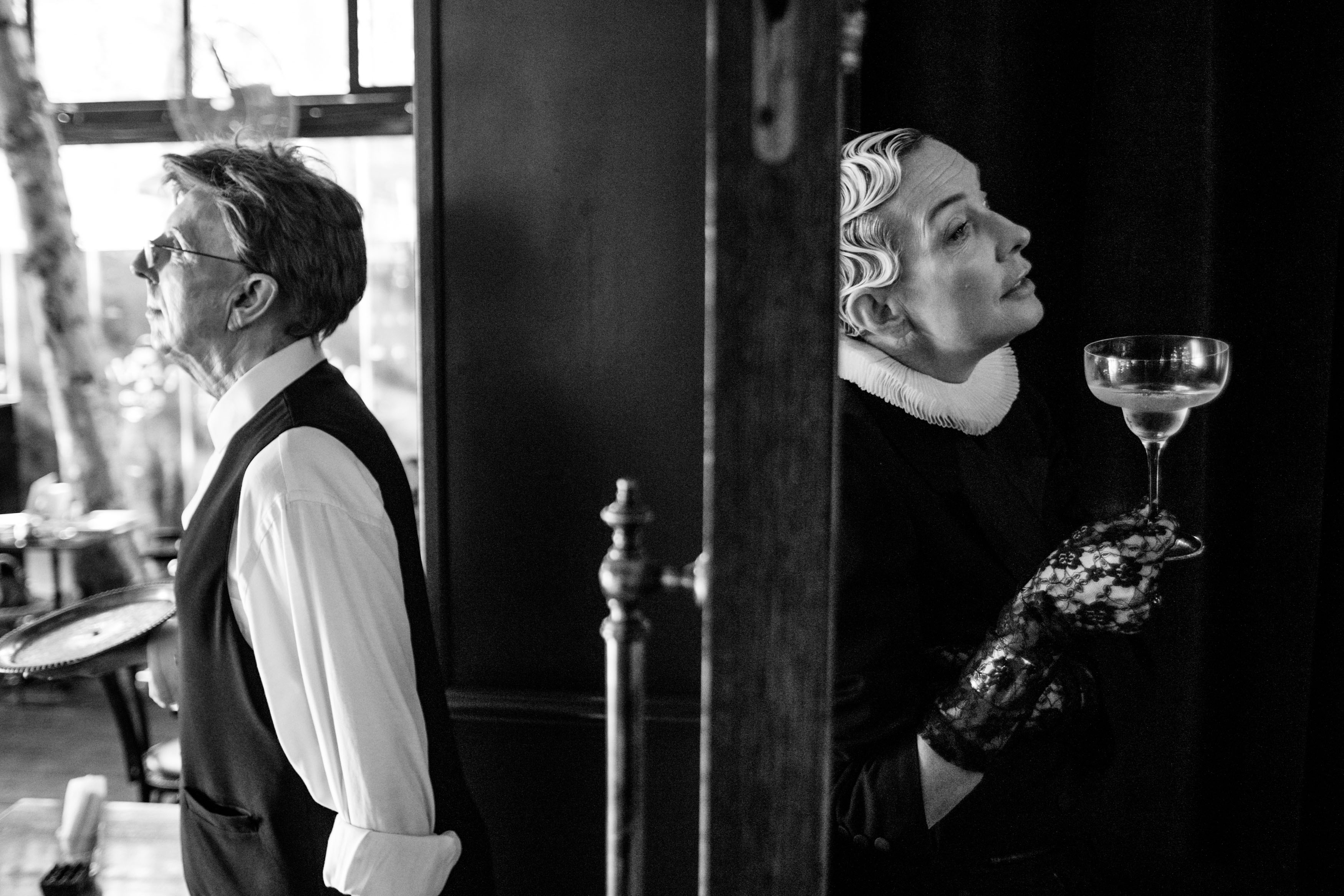
As a child, in one of the Indian books in English, I read Mahatma Gandhi's words: "Keep the doors and windows of your house open, let cultures and countries enter you into youe house". Figurative advise was remembered. Over the years, looking back at the experience of my multilingual, multicultural childhood, I realized that only by communicating, being a guest or just a passing stranger in other people's homes and sincerely inviting, introducing other cultures into my housing, even arranging draughts of cross-cultural emotions – of course not without draughts – and customs into my life, I began to sense myself. A wide-open window, always with a view, or a balcony door - this is my large image today as well. Of both house and life. The question "Where are you from?" is not about the fifth floor or the address. It's a question about the origins, about the roots, about the geographical name, finally. It's so easy for our spirit scanner to cling to it! This geographical name, zone, stratum of your life will tell you more about you than a ring on your finger. The answer will help to decode the interlocutor: understand and determine whether to offer you tea or coffee, or maybe a glass of wine? Or elegant champagne? Sincerity, like attention, wins people over. Don't reject the gesture of hospitality and the test of secular suitability. Take a sip, don't drink if you don't want to, they won't fill you up. Keep the bowl, tea pair, cup, glass or flute beautifully, ask about the drink – this way you will reach the roots, traditions, unity of souls or at least experience...
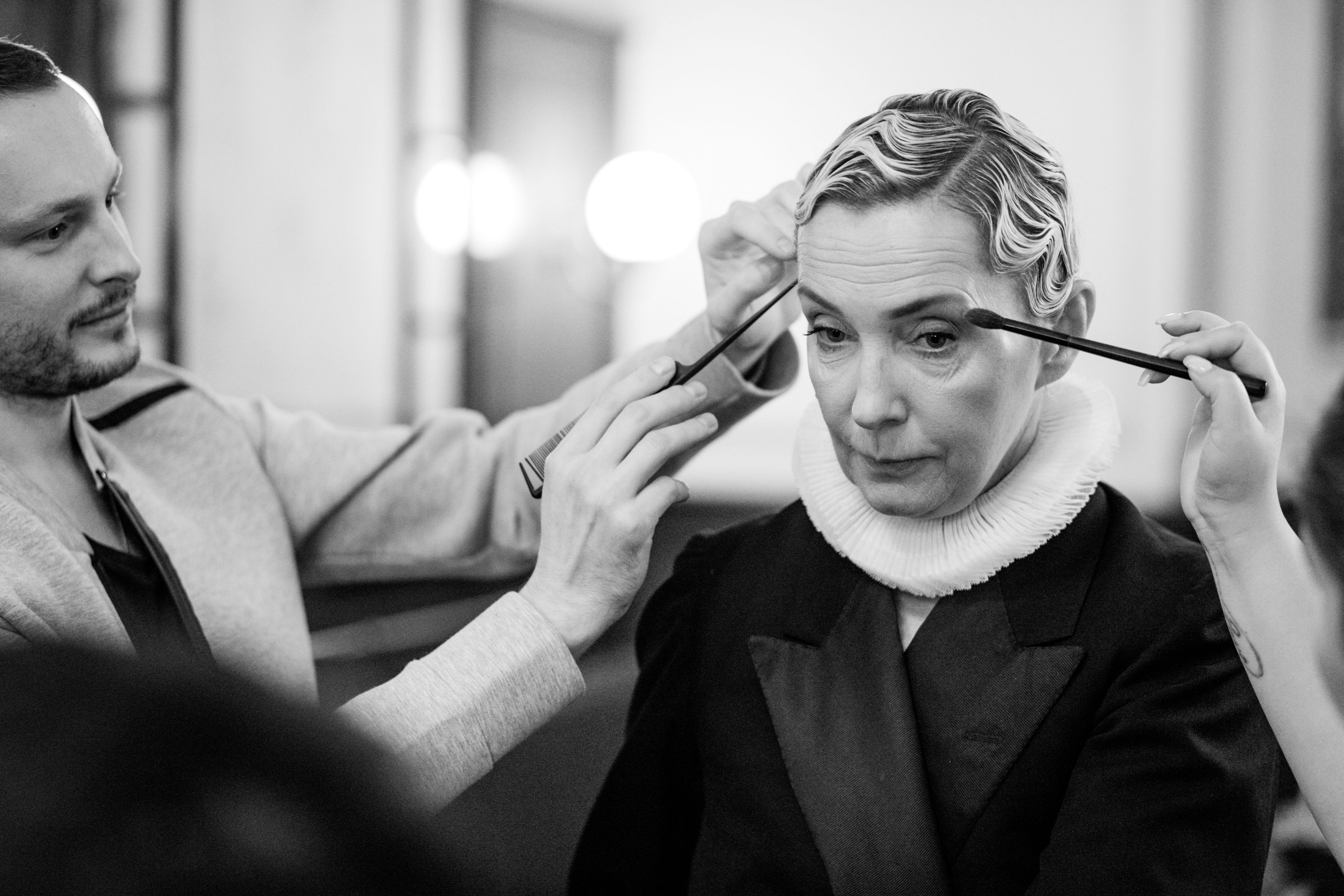
You were born in Tallinn, lived and worked in Moscow, Milan, Monaco, Athens, Paris, St. Petersburg... Is there a place you could call your home?
Thanks to my roots, I would never be able to stop at one house. And I'm not alone. I have a close friend. When twenty years ago we jokingly looked for cities with the closest and convenient airports to fly "from the nest and to the nest”, I, having found the right one, said: "Well, this will be our house!". There's a grain of truth in every joke. But he convincingly "caught my serve", parrying that one house could not be enough. Game is not over. After gained experience and working on mistakes, we are on point again and we play further with the mood. We play and live. Native names, favorite books, family relics are distributed to several addresses. And, as a rule, tea, glass and porcelain are in a large range, but paintings, carpets and silver trays are often missing...
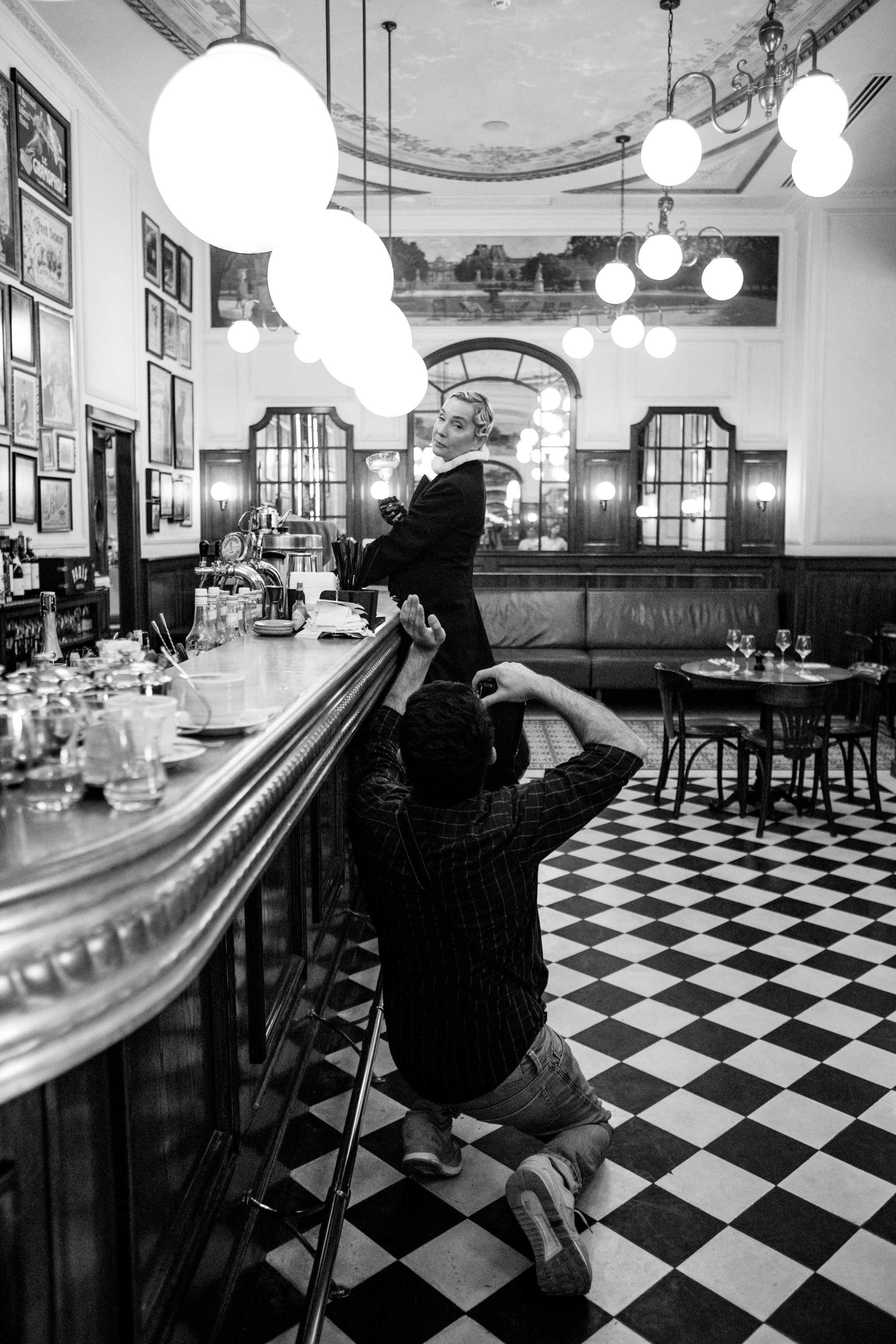
What do you pay attention to first of all, when coming to a new country?
My mum is 94, I always send her postcards from places I'm at. I always put the city and the date. Postcards build the chronology and an illustration of life. Both of my life, and the lives of people close to me, the ones I get postcards from myself. Going to an antique shop or bookstore, I firstly look for postcards – to understand the architectural features and culture of the country. Not even knowing the language of the country, living at such a rapid pace, I usually perform my blitz inspection "with artistic refraction of places". I like to look into ancient gardens, city parks, botanical collections of ancient plants. Cities with gardens and flowering seasonal attractions are always on my agenda. Better than with people, I only feel with plants. And, yes, with my loyal dogs. Perfect picture – people in the garden, surrounded by animals or a collection of plants. Plant names, herbarium is a passion since childhood. The globe and the plant encyclopedia were always on my desk...
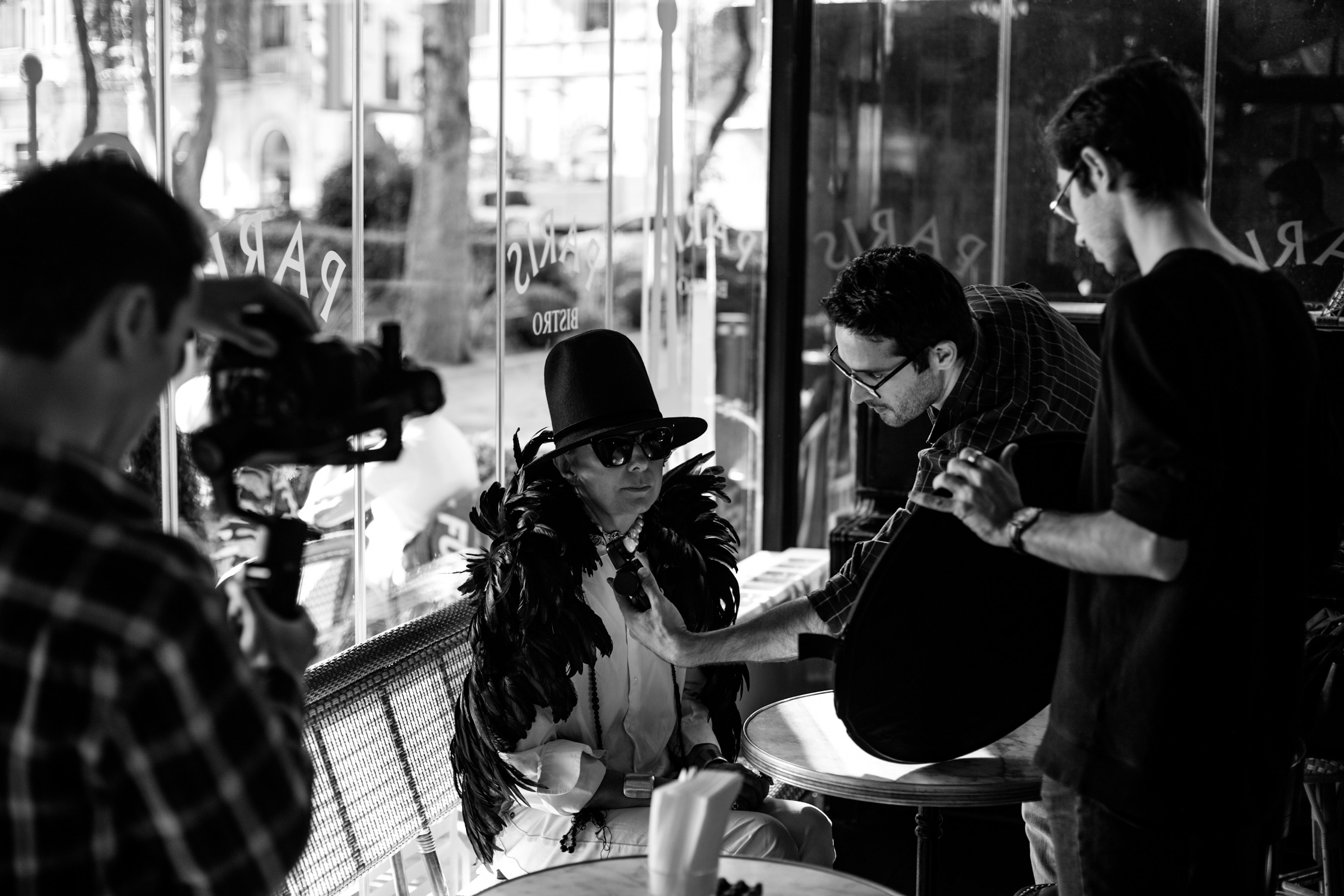
And what impressions of childhood have led you to what you do today?
I was seven years old, my relatives and I came to the museum, and I said, "This is grandma's fields!". Someone answered: "No, it is a painting of a famous Russian artist". And my uncle added: "It is Venetsianov, he lived in our lands". Children feel the world around them at the level of intuition, think in images and trust what they see. They do not reject sincerity or turn away from new experience. Travelling, I always listen to companies with children. Children ask the most important and sharp questions, measuring plenty of emotions and new information. Adults ask them not to look, touch, not to stare, or pet, not to cry... Promising to explain later why. The French do not have a children's menu, and at with this they are gourmet. They allow children to try everything from the table, and from childhood they grind both tastes and vocabulary of new languages. So the French, it is possible to say, from the very childhood know life and the world to taste. The intersection of cultures, traditions – you will not learn all this from YouTube! And when in the most unexpected points of the world I meet listeners of my course and lovers of my video narrations, I am sincerely glad: my courage of appeals to a delicate subject of etiquette and cross-cultural emotions is estimated! The subject turned out to be surprisingly demanded. Each of us should multiply others experience to our own, to our mistakes and emotions. And for this purpose it is necessary to listen and hear, look and see, to go, to travel... Travel is one of the biggest freedoms: freedom to understand, freedom not to be embarrassed of yourself, freedom to decide, where to go, freedom to communicate with people, freedom to stop where you wish, enjoy the world around, to admire sunrises and sunsets... But you need to be mature to appreciate every morning, every day. And very responsible for those whom you meet, whom you trust the house, sign cards, and even for the plants brought from far journeys for continuing the pleasure. Windows and balcony doors of my house are open. The wind, the sound of waves, the mood and impressions help to choose a tea flavor...
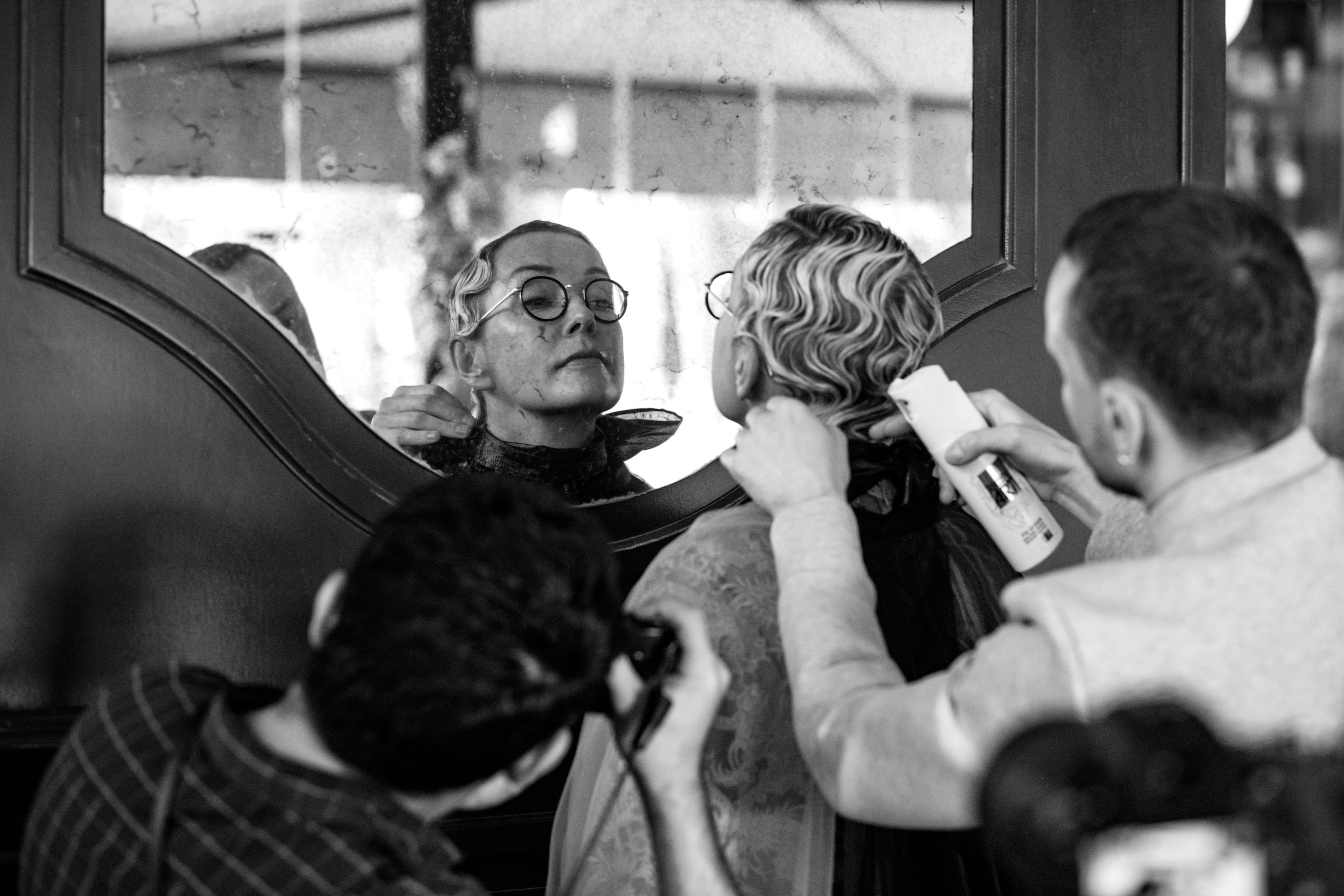
Interview: Emilia Aliyeva
Photo: Natalia Shumova
#PHOTOSHOOT
Trends or style?
Style. It obliges and helps to fight back against obnoxious trends. Collections of clothing items, accessories-artifacts, books replace thinking and successfully devalue fashion.
Your style in three words.
In three?! That would sound very arrogant! I will say in a word: mine! My style is a joke over fashion. My style is to look appropriate. Appropriate for yourself and for those who are around.
You favourite rule of etiquette?
It is impossible to be liked by everyone, the main thing is to not offend anyone!
Are clothes a way to express yourself?
Clothes are plumage. In terms of breeds, species and subspecies, and not just birds... But competent behavior and coexistence are already a test. Like precious metals.
How you develop good taste?
By genuinely loving people, reading and travelling.
Main fashion rule?
My credo is the interoperability of wardrobe items.
Novelties or vintage?
Vintage. Or rather, things from the personal archive.
Photo: Khalid Zeynalov















